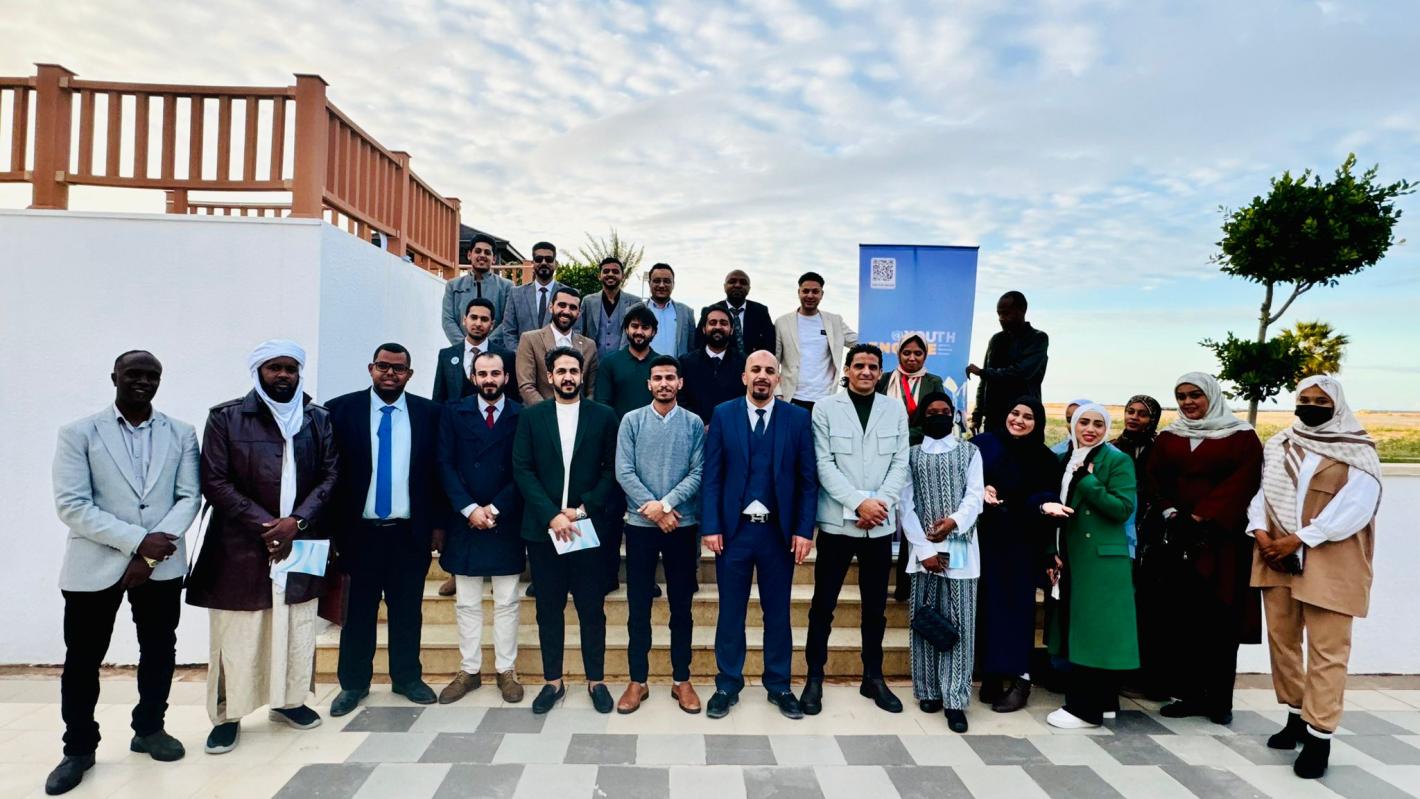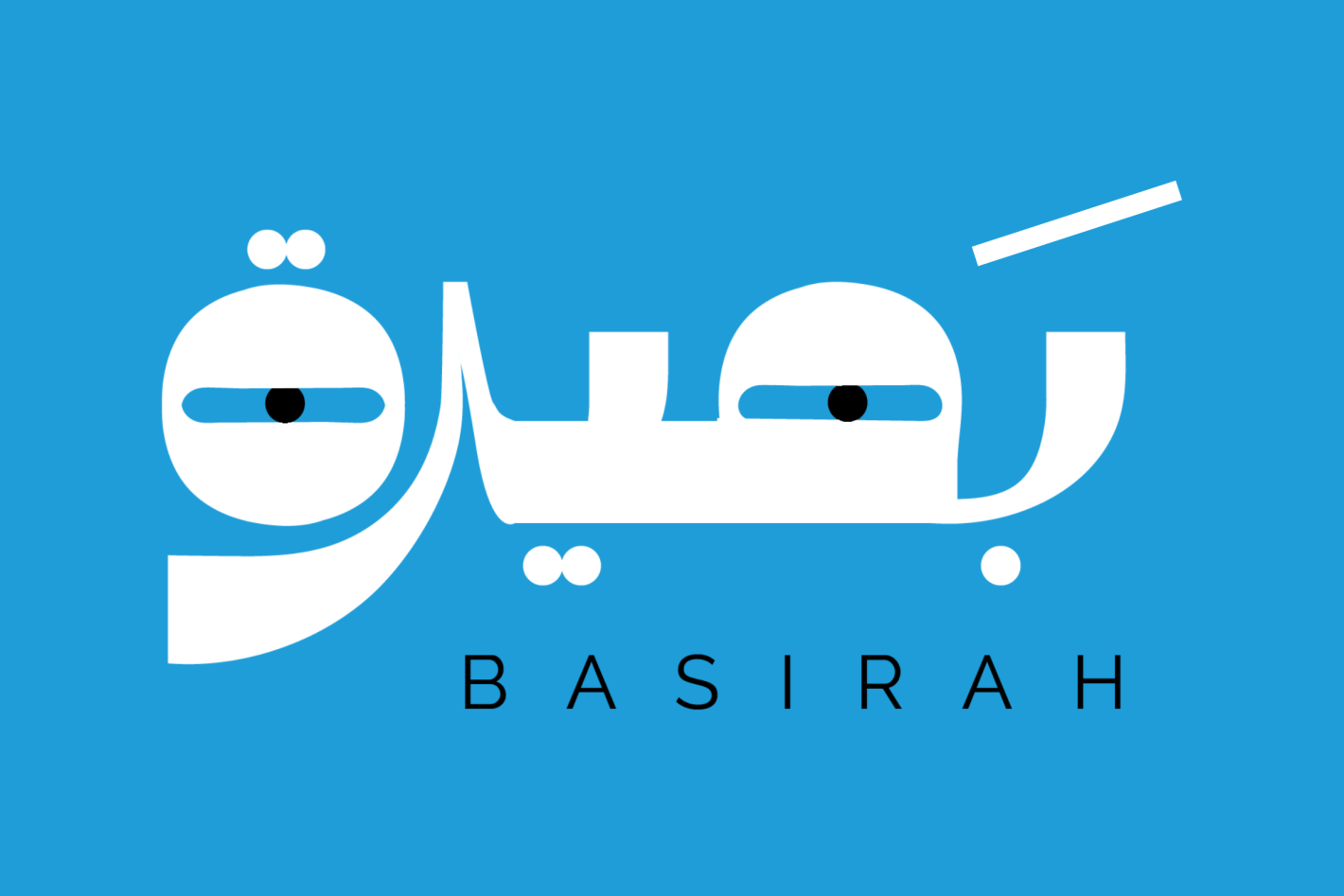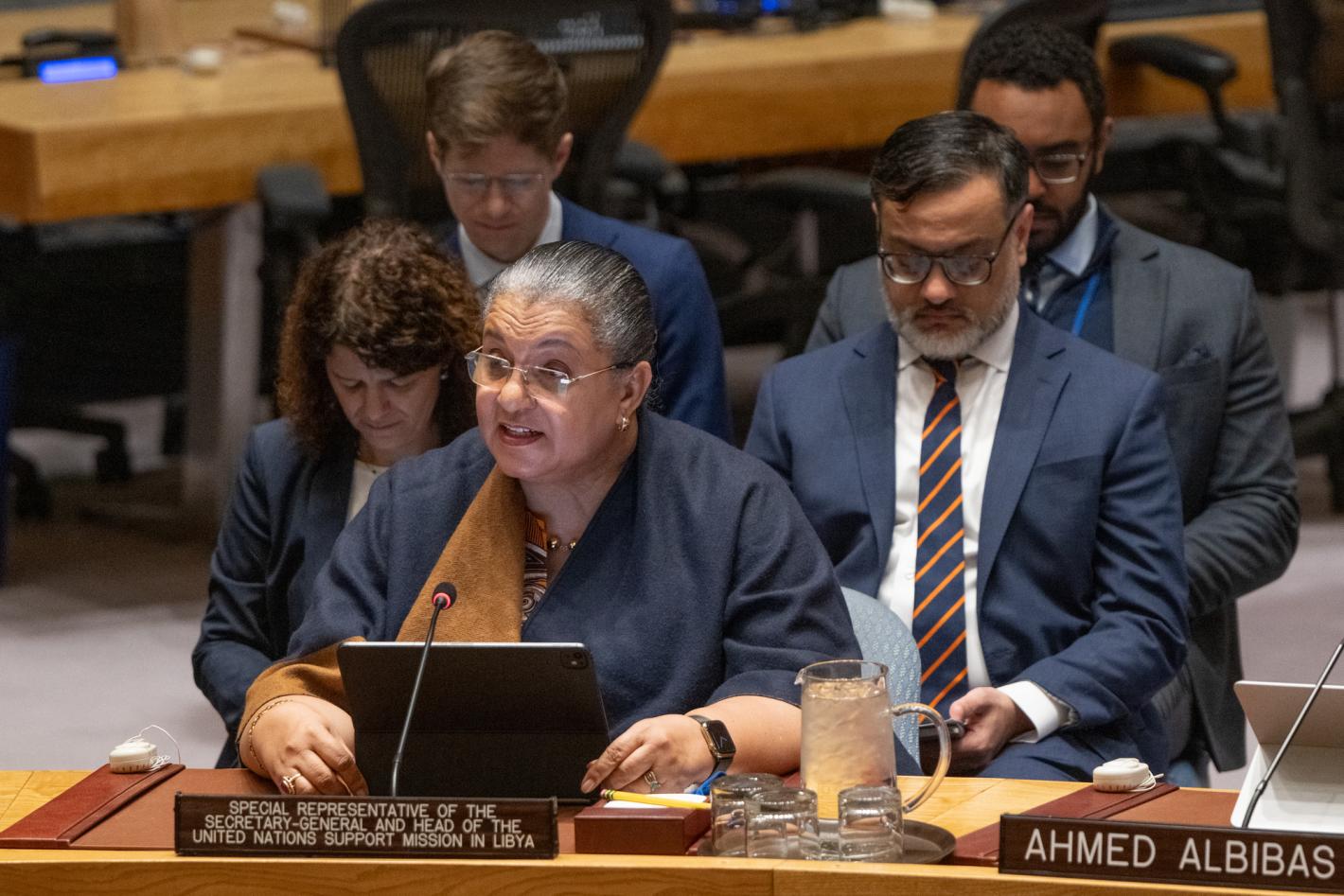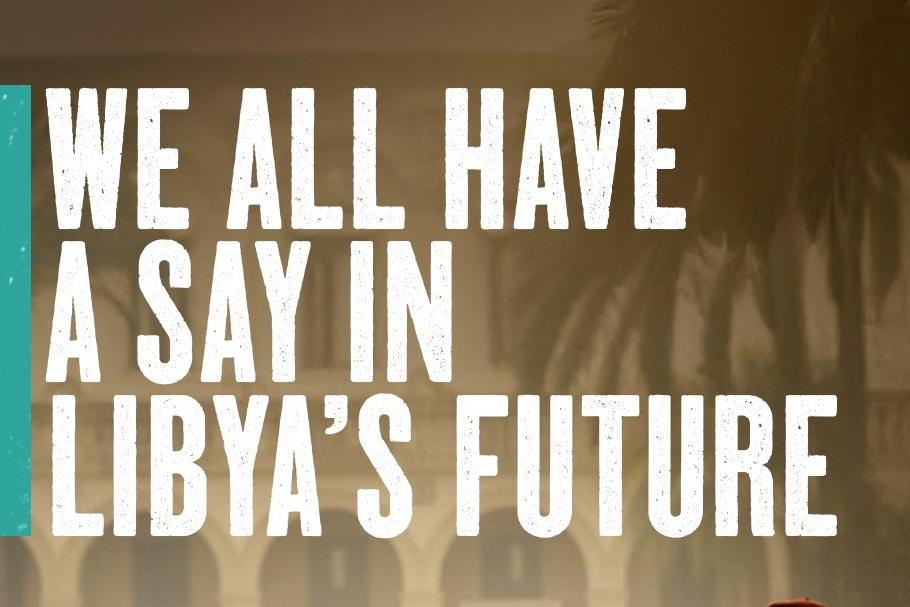BENGHAZI – 21 December – Young men and women from across the eastern and southern region came together earlier this week in a two-day workshop in Benghazi as part of UNSMIL’s #YouEngage programme.
On day one, the twenty-eight participants learned about hate speech and its role in conflicts around the world, and worked on building their communication skills by working in teams to develop targeted campaigns to prevent hate speech in communities across the country.
“Hate speech enlarges the problems Libya has,” said one participant when presenting their teams’ campaign on bringing people together for national reconciliation. Others highlighted that people use hate speech “to let out their frustrations at the situation in Libya and to blame others for it.”
The following day, participants discussed the UNSMIL’s mandate and the political process which was announced by DSRSG Stephanie Koury during the UN Security Council briefing on 16 December.
Working together to identify the long-term challenges facing the country, the participants identified a series of recommendations and ideas and ways youth can be more meaningfully involved in the political process. They debated how reducing political divides and factions, as well as unifying state institutions and sharing national resources in a fair manner would lead to more stability.
“Each region feels marginalized,” said one participant, “all regions need to be supported to develop equally,” adding that an agreed national constitution would help overcome this challenge. Some participants felt the lack of a permanent constitution prevented many youth from engaging actively in the electoral process.
On elections, participants raised concerns that through word-of-mouth campaigns, some Libyans were led to think negatively about elections. They added that good journalism, i.e. that which encouraged elections, would be important in moving through the political crisis.
The participants made the following recommendations:
- The role of communities, tribes, the family unit and local leaders in preventing hate speech is crucial to educating people from all sides of the societal and political spectrum not to use certain language.
- National reconciliation is essential to maintaining peace and moving the country toward elections.
- Civil society organisations should be strengthened to support youth and communities to limit hate speech, educate people around elections and hold unified institutions to account.
- Develop community violence reduction programmes particularly for areas like Ubari and Murzurq to raise awareness about past conflicts and find ways to reduce tensions.
- Work more closely with Libyan diaspora globally to increase awareness of elections and youth participation.
- Women should be empowered to independently make their political choices without social pressure.
- More work should be done at university level with students and unions to educate youth on media literacy, their role in preventing hate speech and youth participation in political life.
- Rehabilitation options should be made available to youth who have engaged in offensive activities including the use of hate speech.
- The Libyan Youth Parliament and Youth Councils should be bolstered politically to have decision-making roles and should be actively engaged and trained on preventing hate speech.
- legislation against online violence should be clearer and more comprehensive. They should be developed further in consultation with youth.
- Security for all should be guaranteed as part of the electoral process, so all communities feel safe to engage in the process.
- Social media companies should update their artificial intelligence models to understand the Libyan dialect and be able to automatically detect hate speech on their platforms.
The workshop was a part of a series organized by UNSMIL under its YouEngage initiative, aiming to engage 1,000 young men and women across Libya on different topics. The goal is to gather their ideas and recommendations to inform UNSMIL’s youth-oriented strategies, promote inclusion, and amplify the voices of those who are traditionally excluded.






